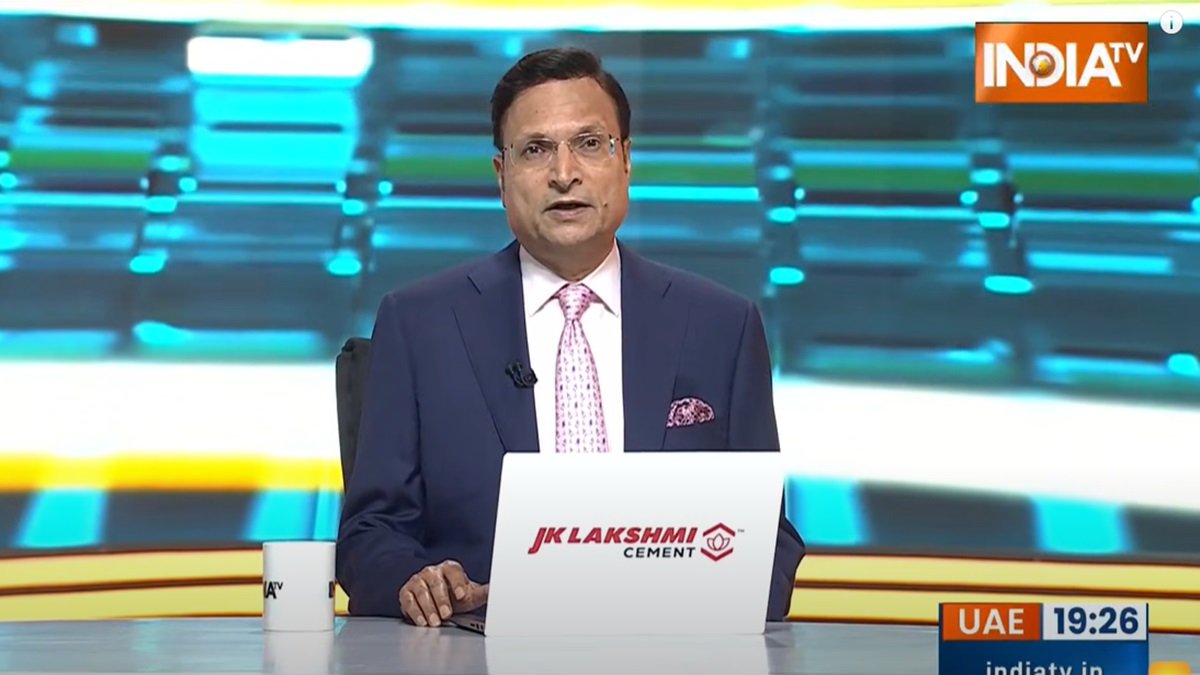OPINION | Waqf Act: All eyes on Supreme Court
 With the Supreme Court seeking clarification on some provisions of the Waqf Act, all eyes are now on what interim order the apex court is going to pass. On Wednesday, the Chief Justice Sanjiv Khanna asked the Centre whether it would enact a law allowing non-Hindus and Muslims to be members of Hindu religious endowment boards or institutions. The apex court also observed, "You can't rewrite the past. Properties which are hundreds of years old can't be reopened." Muslim organisations seem to be happy with the apex court raising questions and are hopeful of a stay. Those who had challenged the new Waqf Act expected the apex court to stay the operation of the Act, but they had to be satisfied with the fact that the court raised questions on three key provisions. One, appointment of non-Muslims in Waqf Council and boards, two, role and powers of the district collector in the new law, and three, on powers of the government to denotify Waqf properties. The arguments are in the initial stage now. There are nearly 100 petitions. Top advocates like Abhishek Manu Singhvi, Kapil Sibal, Rajiv Shakdher, Sanjay Hegde, Huzaifa Ahmadi and Rajiv Dhawan are arguing their cases. There are more than 40,000 disputes pending on Waqf properties. There are cases where hundreds of years old temples were declared Waqf properties. The hearing may stretch for a longer duration. One problem is that the present Chief Justice of India Sanjiv Khanna will be retiring on May 13. On Wednesday, he forwarded the name of Justice BR Gavai as his successor. The question is, if the hearings are not complete by May 13, will a new bench hear the entire case afresh? One positive outcome on Wednesday was, the bench described the situation as "very disturbing". The Chief Justice said, once the matter is before this court for adjudication, things should not be done to "vitiate the atmosphere".
With the Supreme Court seeking clarification on some provisions of the Waqf Act, all eyes are now on what interim order the apex court is going to pass. On Wednesday, the Chief Justice Sanjiv Khanna asked the Centre whether it would enact a law allowing non-Hindus and Muslims to be members of Hindu religious endowment boards or institutions. The apex court also observed, "You can't rewrite the past. Properties which are hundreds of years old can't be reopened." Muslim organisations seem to be happy with the apex court raising questions and are hopeful of a stay. Those who had challenged the new Waqf Act expected the apex court to stay the operation of the Act, but they had to be satisfied with the fact that the court raised questions on three key provisions. One, appointment of non-Muslims in Waqf Council and boards, two, role and powers of the district collector in the new law, and three, on powers of the government to denotify Waqf properties. The arguments are in the initial stage now. There are nearly 100 petitions. Top advocates like Abhishek Manu Singhvi, Kapil Sibal, Rajiv Shakdher, Sanjay Hegde, Huzaifa Ahmadi and Rajiv Dhawan are arguing their cases. There are more than 40,000 disputes pending on Waqf properties. There are cases where hundreds of years old temples were declared Waqf properties. The hearing may stretch for a longer duration. One problem is that the present Chief Justice of India Sanjiv Khanna will be retiring on May 13. On Wednesday, he forwarded the name of Justice BR Gavai as his successor. The question is, if the hearings are not complete by May 13, will a new bench hear the entire case afresh? One positive outcome on Wednesday was, the bench described the situation as "very disturbing". The Chief Justice said, once the matter is before this court for adjudication, things should not be done to "vitiate the atmosphere".
India